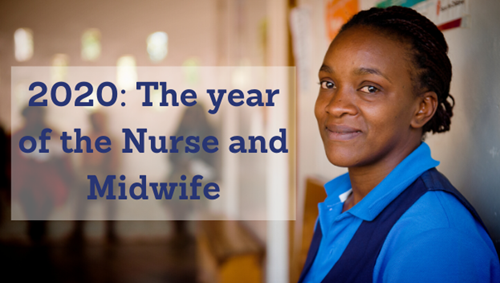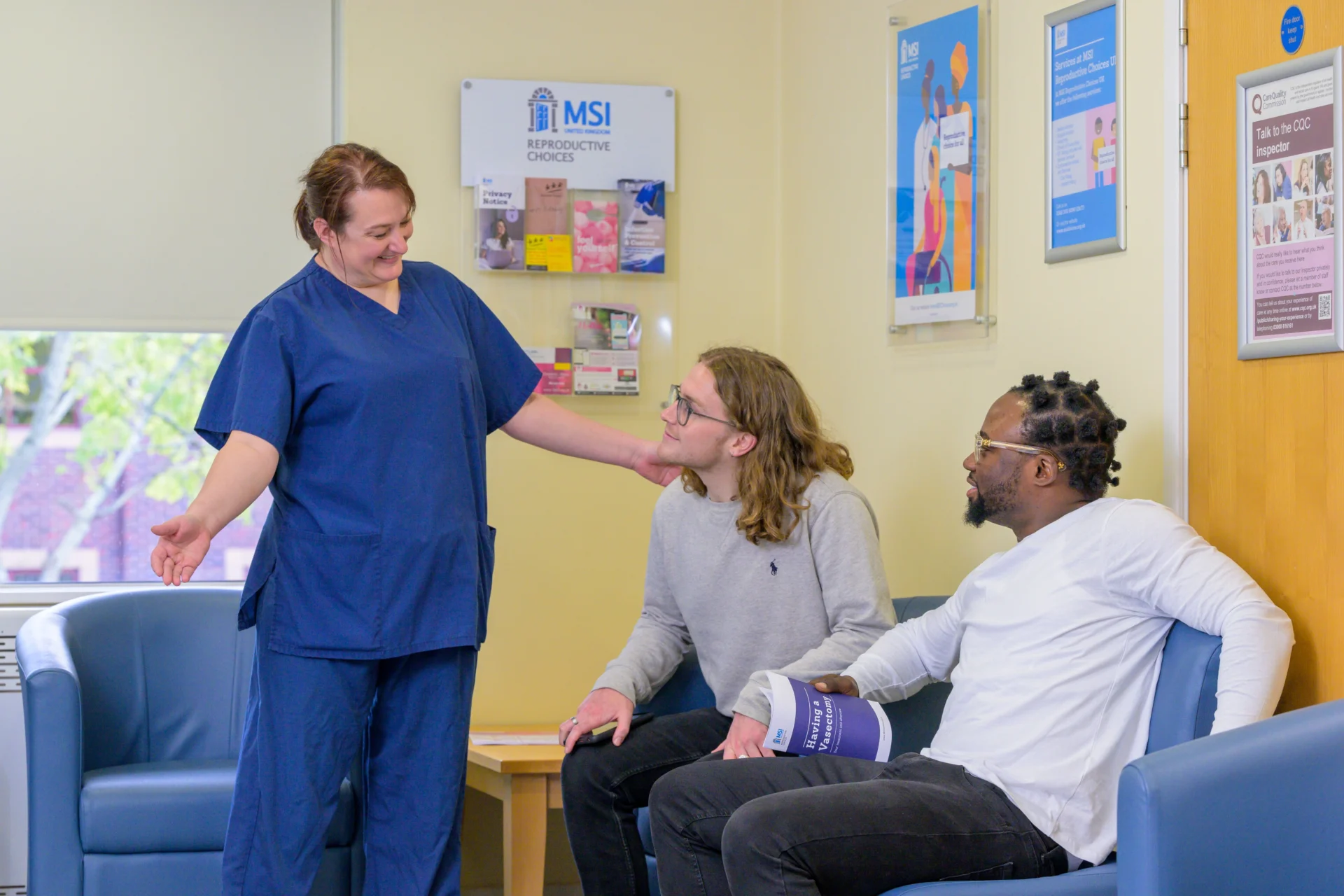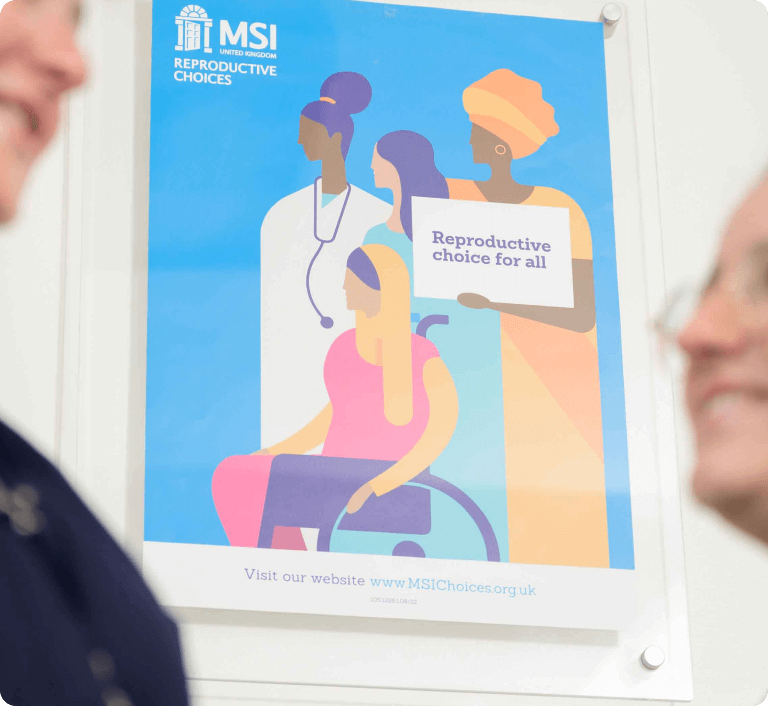2020 has been designated by the World Health Organisation as the Year of the Nurse and the Midwife
Our nurses and midwives do incredible work throughout the UK bringing choice to women
Ask 100 people what midwives do and the top answer by far will be ‘deliver babies’. Yet, with a vast breadth of knowledge about conditions and procedures and a vital role ensuring women can exercise their reproductive and sexual rights, being a midwife is far more complex and challenging. But perhaps the least expected and least talked about aspect is the role of midwives in abortion care.
As 2020 has been designated by the World Health Organisation as the Year of the Nurse and Midwife, we asked Lindis Harris, Clinical Operations Manager at Marie Stopes UK’s Maidstone Centre to talk about what being a midwife means to her.

My job as a midwife, defending women’s rights
“I have had women ask me directly, you’re a midwife why are you working here? But delivering a baby is a fraction of what being a midwife is about. It is about advocating for women, supporting them with the choices they are making.”
“There is still a lot of stigma around abortion, which means people are afraid to share their experiences. Stories in the media tend to be about women who were pushed towards abortion but then decided to continue with the pregnancy and are now wonderfully happy to have a child. But you don’t tend to see the positive stories about abortion. What that has meant for women.
“We recently employed a local midwife, who knew the centre as ‘that place you don’t speak about’ but working here she has seen a completely different side. She has commented how happy the team are and how passionate they are about women. I love it here. We have got a fabulous team and our good rating from the Care Quality Commission reflects that.”
Lindis began working as a midwife in a hospital in Scotland and instantly knew that midwifery was the job for her.
“It was a bolt of lightning really. There was a great camaraderie between the midwives and doctors. You could tell they all enjoyed what they were doing. But it was speaking to the women that really inspired me.”
It was this same passion to support women that later motivated her to leave the NHS. “I didn’t have time to sit with the women and help them make their choices. It felt like a conveyor belt, but I knew I wanted to stay in women’s health.
“Moving to Marie Stopes UK felt like a really natural move. I feel I can advocate for women much more here. We are busy but you have proper face to face time with women to make sure they have all the information they need, pick up on any anxieties and have discussions around contraception. Our priority is making it a positive experience for our clients.”
Working on the frontline, Lindis also regularly supports vulnerable women with a range of complex needs, from mental health challenges and substance addictions to experience of domestic abuse.
“Safeguarding is a huge part of my job, but the positive side is that we have time to follow up. We also have really good relationships with social services and GPs so we can make sure everyone is properly supported.
Following a change in legislation, the Maidstone centre has recently introduced the ability for women to take the second set of abortion tablets at home.
“We have had such a huge uptake. In just one day 11 women opted to take it at home. The Maidstone centre covers the whole of Kent and for women coming from East Kent on public transport it can cost around £60 to get here. This means they don’t have to travel back, and can do it in the privacy of their own homes, at a time that suits them.
“I love what I do. You are expected to work hard but the support from the management team is there and the passion and enthusiasm of the team is obvious. If a midwife wanted to advocate for women’s rights at the same time as learning lots of new skills, then I would say come and work for Marie Stopes UK. There are so many opportunities for development.
I just wish that abortion was part of the training for student nurses and midwives. In Maidstone alone, we see up to 500 women a month. Just imagine what would happen if those women didn’t have that choice.”







